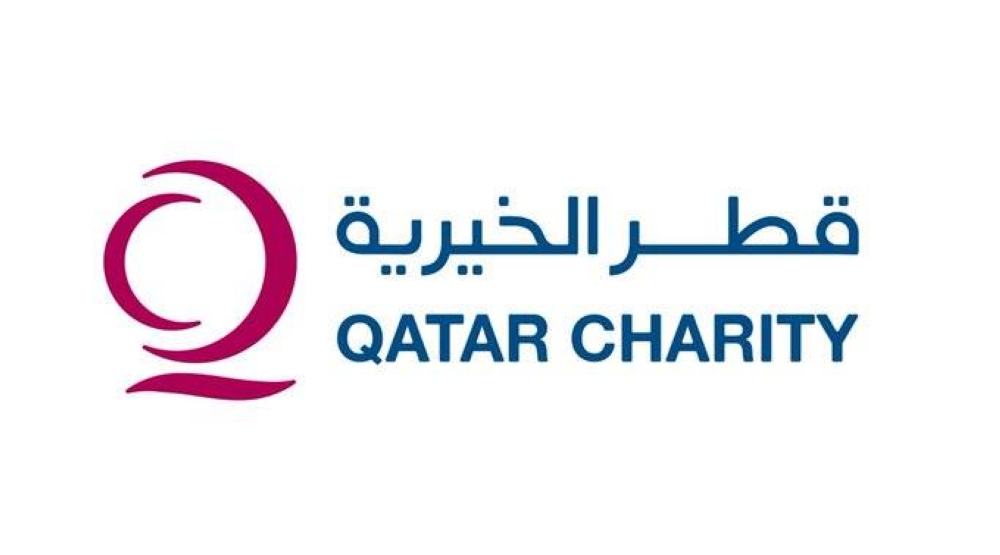Qatar Charity has launched a new humanitarian campaign titled "Rescue Flood Victims" to support vulnerable communities in Yemen, Sudan, Mali, and Niger. The initiative aims to rally charitable donors and benefactors to provide essential aid to families devastated by severe floods.
The campaign will focus on delivering critical assistance across sectors such as food security, shelter, health care, water and sanitation, and education.
In a statement today, Qatar Charity outlined its commitment to offering life-saving interventions in the shelter and non-food sectors. These efforts include providing temporary housing, mattresses, blankets, and personal hygiene kits for displaced families, alongside ready-to-eat meals and food baskets for affected households. Special provisions will also be made for children's nutrition and the dietary needs of pregnant women.
The health component of the "Rescue Flood Victims" campaign will focus on treating flood-related injuries and reinforcing local healthcare systems. Qatar Charity will support hospitals by supplying ambulances, mobile clinics, primary health care services, and essential life-saving medicines. Additionally, the campaign will facilitate therapeutic nutritional interventions and work to rehabilitate damaged health facilities.
In the water and sanitation sector, the initiative will ensure access to clean drinking water and provide vital sanitation services. Qatar Charity will supply hygiene products, alternative energy sources, and fuel to maintain the operations of water and sanitation facilities, while also undertaking efforts to restore those damaged by the floods.
Educational support is also part of the campaign, with an emphasis on restoring damaged schools and providing psychological and social support to students. Recreational activities will be organized to aid in their recovery.
Heavy rainfall and subsequent flooding, exacerbated by the growing impact of climate change, have caused widespread devastation in these regions. Hundreds have lost their lives, thousands have been displaced, and homes and critical infrastructure have been severely damaged.
Those affected are facing acute shortages of food, medicine, and shelter, while the deteriorating sanitation conditions have heightened the risk of waterborne diseases, posing significant health threats to the affected communitie

